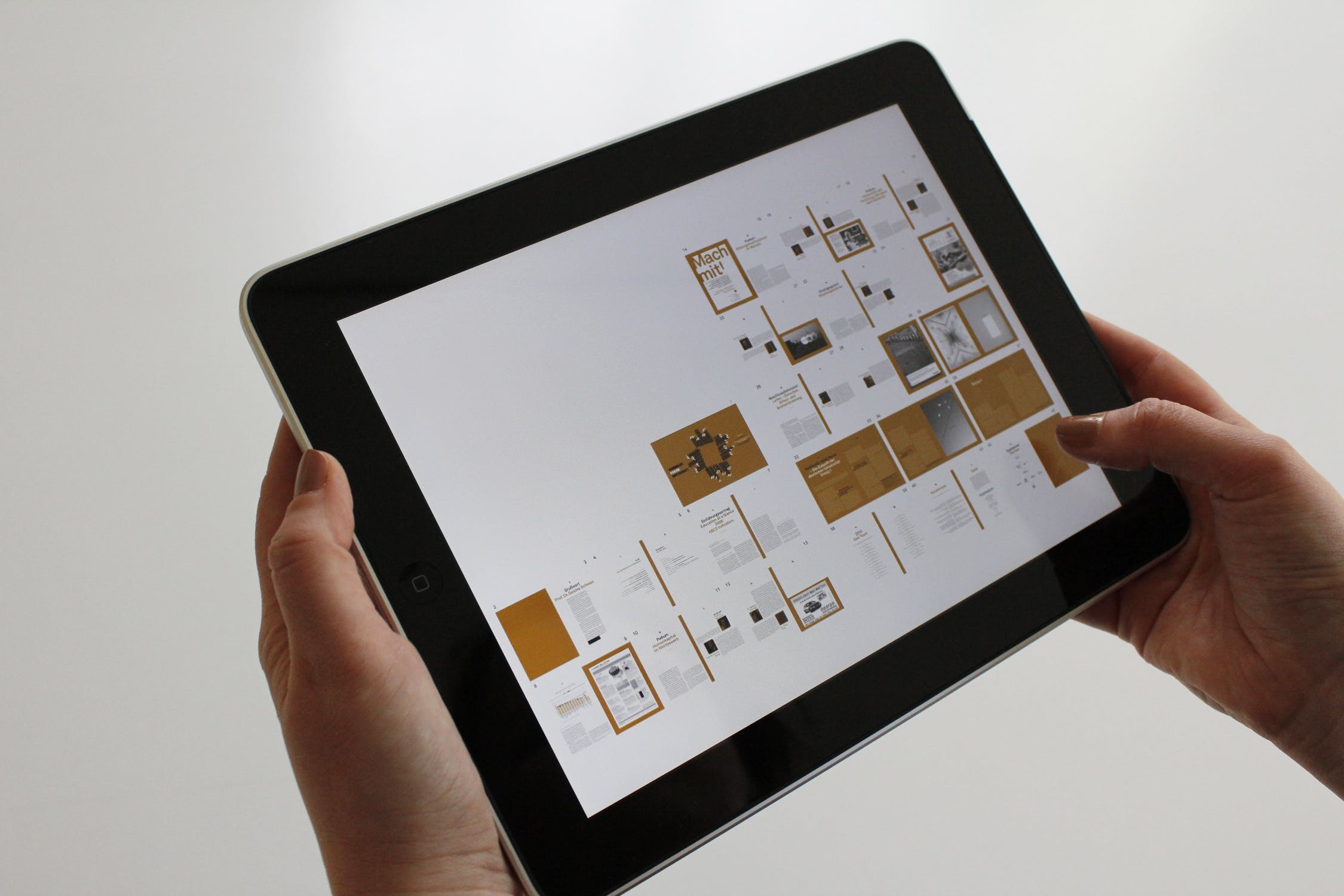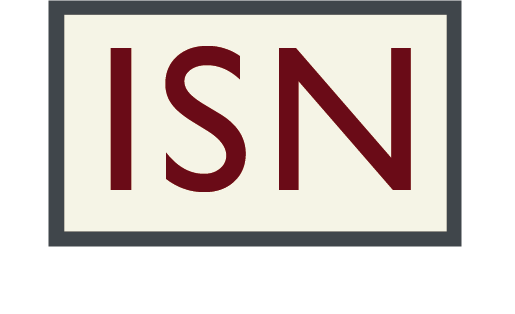Our Services
ISN Support Services Brokerage can assist individuals in accessing following services:

Case Management
Case Management is the foundation of all services. We call our case management staff Personal Agents (PAs). A PA’s job is to help you figure out what you want, and then connect you with the tools you need to get it. Your PA will get to know you and your goals, and get you connected to the people and services you need to achieve them. After that connection is made, your PA will check in to make sure that everything is going well and will make adjustments at your request if something is not working.

Resource and Referral
Resource and referral are a core function of case management. Personal Agents help connect you to services and resources you need from your community. From local social events to where to get a food box and housing assistance, your PA will help you know what’s available and how to connect.

Advocacy
Advocacy is the simple work of believing in a person’s goals, abilities and right to live the life they choose. Your Personal Agent may act as an advocate for you with your school system, with your local community, with your employer or with your family. Your PA may even challenge your own beliefs about your limitations and what is possible in your life. An advocate takes your side to secure what you need and to expand your world.

Daily Living Supports
Daily Living Supports is a general term for the help you need with the most basic activities of life – bathroom tasks, getting dressed, eating, etc. This help can happen at home, or while out and about.

Skills Training
Skills Training is just what it sounds like: the training you need to learn how to do specific tasks more independently. You choose the skills you want to learn (cooking, riding the bus, making new friends, etc.) and your chosen service provider will help you learn how to do it yourself. Building skills is at the heart of many of our services. Learning how to be more independent by growing our skills is something that most of us humans work on throughout our lives.

Supported Employment
Supported Employment is a category of services that focuses on preparing for, looking for and keeping a job. The focus here is on community jobs, with full employment aiming for at least 20 hours per week. The services of Supported Employment include ones that are meant to help you figure out what you might want to do (Discovery, Employment Path), as well as ones to help you find the right job for you once you know what it should look like (Job Development, support with Vocational Rehabilitation). Oregon is dedicated to community employment as a first and best option for adults with IDD.

Family Training
Family Training is focused on increasing the skills and understanding of a person’s family members. Sometimes it can help for the people around you to have a better understanding of your diagnosis, and how to best support you. (Note: This does not include family members who are also paid to provide support)

Relief Care
Relief Care is the term used for back-up staffing and supports used when your main caregivers need a break. Everyone wins when your supports are rested, refreshed and ready to engage. Relief care can provide that much-needed time away.

Home Modifications
Home Modifications can be used to make your home a better fit for your personal needs. It might be as simple as putting on grab-bars to help with getting in and out of the bath, or putting in a ramp to help you safely enter and exit your home. The goal here is safely increasing your independence or reducing the pressure on the people who support you.

Assistive Devices
Assistive Devices are appliances, medical equipment or technological items that can help increase a person’s independence during their daily routines and activities. This category is broad because a device’s worth is based on whether or not it is personally helpful to you. It could include things like specially-designed clothes to help you get dressed on your own or appliance adaptations to make it easier for you to cook for yourself in the kitchen.

Assistive Technology
Assistive Technology is a lot like Assistive Devices in that the focus is on helping to increase your independence and safety throughout the day. However, rather than focusing on a piece of equipment, this category is meant to fund electronics, software, services and some personal tablets and cell phones. This category can include things like communication devices, personal emergency response equipment and GPS alert service. As with most of these support services, what is allowable really depends on what your related needs are.

Behavior Supports
Behavior Support is the general term for help in figuring out why a person is acting a certain way (especially when they cannot express it in words) and how that person might be able to express themselves in a safer, more effective way. You can choose to work with a Behavior Consultant to help identify the root cause of a specific behavior and create a plan to help family members, providers and friends safely and effectively support you through it.

Chore Services
Chore Services are meant to bring a dangerously unsanitary and cluttered home condition up to safe and livable standards. This service is not meant to cover regular housework or cleaning responsibilities, but instead is the deep cleaning, heavy lifting or other work to bring a home or yard up to standard.

Community Transportation
Community Transportation is what you use to get around in your community. This can include bus passes, mileage reimbursement or even taxi services where public transit is difficult to come by. The first step to being included in your community is to be able to get where you want to go.

Home-Delivered Meals
Home-Delivered Meals are available for people who live in their own home, are home-bound, have no one to help with meal prep, and cannot prepare meals themselves. For these folks, it may be more cost-effective to have meals prepared and delivered to them in their homes rather than paying for providers to come in solely to make meals.
Services come from one of two funding sources: Community First Choice Option (The K Plan) or Title XIX Waiver Program
